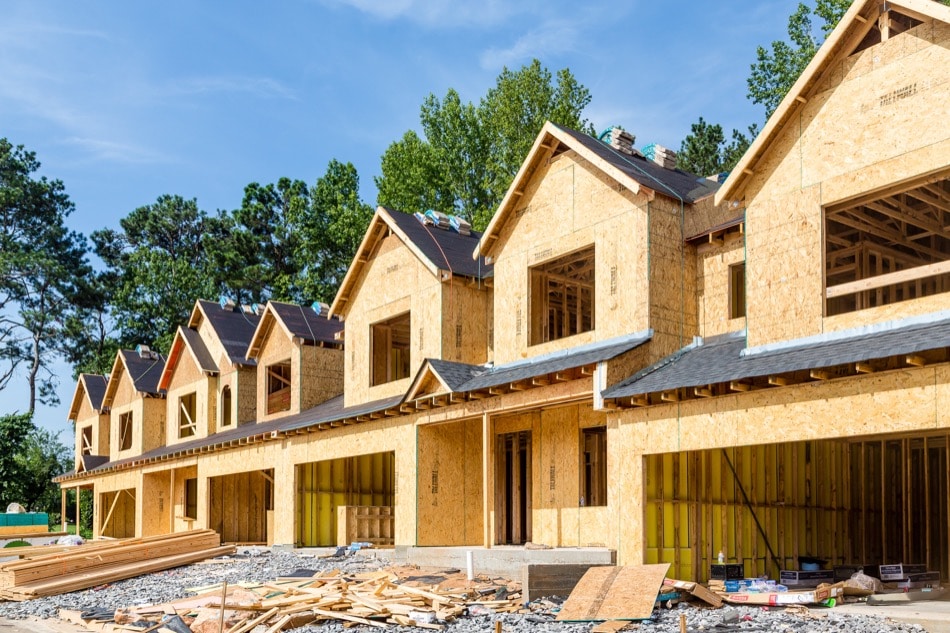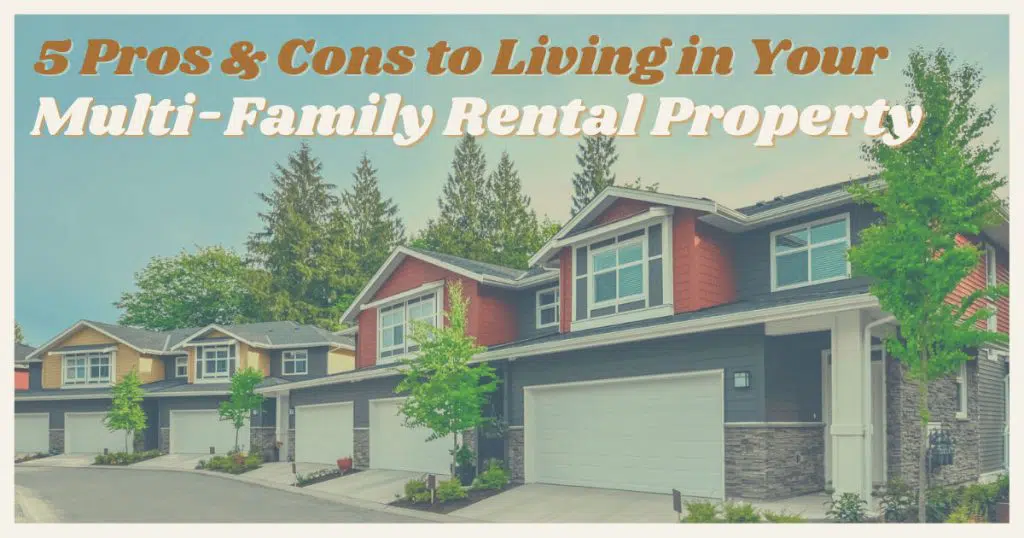
The Ins and Outs of New Construction Home Types
 A new construction home can be labeled under any number of names, which can make it confusing for new Hennepin County home buyers. Rather than making several unnecessary trips during the home search, homebuyers can learn a few basic terms that can help them decide if a new home is right for them.
A new construction home can be labeled under any number of names, which can make it confusing for new Hennepin County home buyers. Rather than making several unnecessary trips during the home search, homebuyers can learn a few basic terms that can help them decide if a new home is right for them.
The Advantages of a New Home
One of the strongest advantages of a new home is that it’s been untouched by other residents. Older homes may have been renovated or altered in such a way that new homeowners wouldn’t be able to verify. Unpermitted work in an older home may either fail or be discovered by building code inspectors. Considering this scenario, it’s easy to see why some homeowners want complete control over the property. For other homeowners though, a new home is simply a new start. This psychological benefit can help those who feel ready to put the past behind them and set out strong on the right foot.
Facility-Made Homes
Facility-made homes usually feature prices that are drastically lower than their established counterparts. These are homes that have been manufactured off-site; instead of having builders come to the grounds every day and construct from the ground up, they simply assemble different pieces together or set the entire home on a waiting foundation. This helps control costs and cut back on potential mishaps during the construction process.
There are two common terms for this:
- Modular home: A modular home will have different pieces manufactured off-site. These are then transported to the property and assembled according to the home’s blueprints.
- Mobile home: A mobile home is one that can be moved as a unit rather than in pieces. The entire thing is manufactured as a whole and then set down on the property.
Homeowners who commission these homes are able to customize them, so long as the requests are made far enough in advance. The major benefits of manufactured homes are that they’re both roomy and affordable. However, their low price tag is offset by a low resale value.
Tract Homes
Tract housing involves buying one sizable area of land and then designing multiple homes on it. In this case, the developers usually strategize to fit as many possible units on the land as possible. Homes will all be very similar to one another to save on construction costs. So while there may be a slightly larger home on the corner, the floor plan and layout will look like the homes on the rest of the block.
Tract housing may look not always be the most exciting in terms of curb appeal, but these homes are often built with noteworthy amenities to attract homeowners. This can come in communal features, such as a pool or tennis courts, or individual home features, such as a convenient upstairs laundry room. The main drawbacks include the sizing, as tract homes tend to be fairly small compared to other types of new construction.
Spec Homes
With tract homes, the developers generally have buyers who have already made a conditional commitment to the property. A spec home is one that’s built without a specific buyer in mind, giving developers more freedom to do what they like. Spec homes may be large, small, fancy, or simple, depending on the neighborhood in which they’re built.
Spec homes tend to be a little easier to bargain for if the property has sat on the market for a while. The owner may not come down in price, but they make be willing to make small modifications to the property, pay for part or all of the closing costs, or relax their escrow conditions.
Custom Homes
Custom homes are commissioned and paid for by the owner. (Some buyers can find new custom homes if the original buyer backed out at the last minute, but this is unusual.) With a custom home, buyers build exactly what they want and have a high degree of control over the process. And while it’s certainly more expensive than the other examples, many homeowners find the benefits to be worth the cost. Buyers pay all costs for this, including the architect fees and lot deposit. They’ll also be expected to follow all building codes regarding its size and configuration.
New homes don’t have to a mystery once the terms are clear to buyers. This short guide shares the pros and cons that can help homeowners define their priorities and set off on finding a home that fits all (or at least most) of them.



